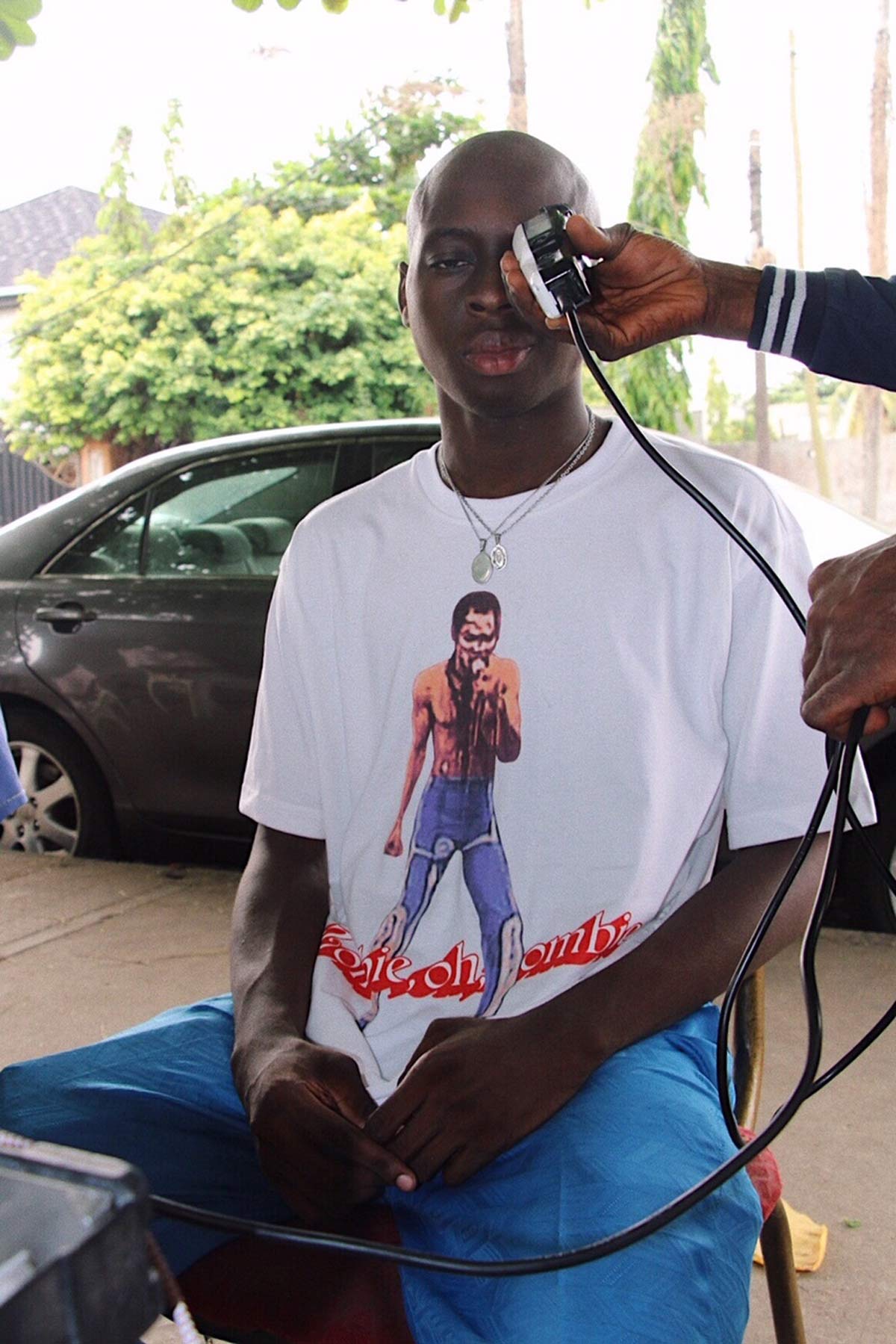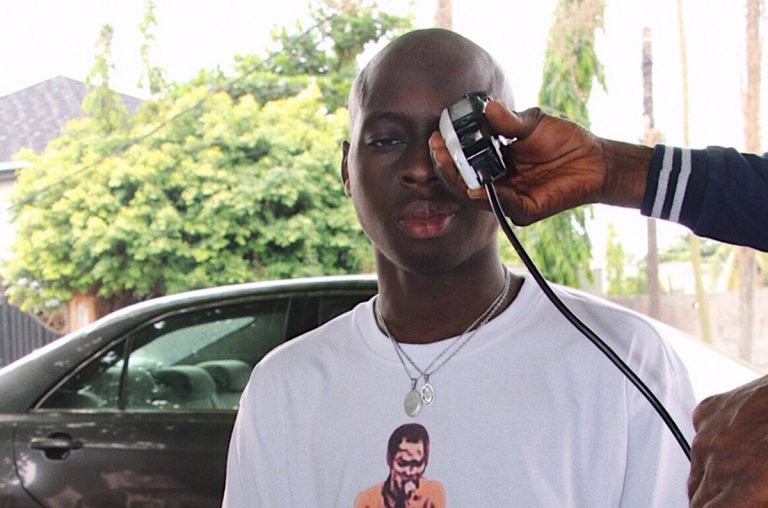This November 2020, Movember tackles toxic masculinity
We’ve reached November, and you know what that means: falling leaves, long nights, and moustaches! Movember is now an annual global event, raising both awareness and money for men’s health causes, in particular prostate cancer, testicular cancer, and suicide. “Men are dying on average 6 years earlier than women,” the charity explains on its website, “and for largely preventable reasons.”
Since starting in 2003, it now has over 5.5 million people across 20 countries growing ‘taches and donating to the charity. It raised a total of $911 million, which in turn has funded a total of 1,250 projects (as of 2017). Movember’s primary goal is to reduce the number of men dying prematurely by 25 per cent by 2030.

Due to the scope of its work, in terms of both economic and geographic scale, “Movember is uniquely placed to address this crisis on a global scale,” the charity explains. “We fund groundbreaking projects all over the world, engaging men where they are to understand what works best and accelerate change. We use funding to impact men’s health both locally and globally. We invest in country- and culture-specific health projects while collaborating on game-changing solutions that address the men’s health crisis on a global scale.”
While this explains the overriding geographic scope of Movember’s work, the charity also targets its support towards specific social groups such as gay, bisexual and transgender men who face specific health concerns, particularly mental health issues. “Multiple studies have found that non-heterosexual people face up to twice as much abuse or violence (including physical, mental, sexual or emotional) than their heterosexual counterparts,“ Movember highlights. “Prejudice and discrimination add a layer of risk on top of other factors which can lead to depression, anxiety and suicide.”
Australian project Stop. Think. Respect. has received $858,785 Australian dollars to “reduce the impact of anxiety and depression within LGBTI communities through reducing the discrimination they experience.”
Meanwhile, in Canada, the Movember Foundation funded M.bodiment, a project created by Egale Canada Human Rights Trust, is aimed at tackling “homophobia, biphobia, transphobia and all other forms of discrimination,” with the help of videos and an online hub that “undress the body image stigmas currently prevalent within the LGBT community to open a dialogue about gay, bi, trans, and queer men’s body image and its health implications.”
While some might assume that gay men are more ‘in tune’ with their prostates, that doesn’t necessarily mean that they are more comfortable than straight men when it comes to getting medical help. And while trans men are not at risk of prostate or testicular cancer, there are other physical and mental health issues particular to the community that warrant attention and funding.
In 2014, Movember became the first charity to start engaging with these important issues within the queer community by working with Prostate Cancer UK and the LGBT Foundation to launch the first-ever prostate cancer survivorship conference aimed at the Gay, Bisexual and Transgender community. “There are issues and concerns relating to prostate cancer that affect the GBT community that prove to be distinct,” Movember notes. “Anxieties surrounding sex, support, and experiences in the healthcare system are significant.”
The charity also set up support groups across England, which offered a space for survivors “to talk openly about how prostate cancer affects them and gain psychosocial support from someone going through a similar experience”, and in London, a peer mentorship scheme was established, “to train and match gay and bisexual buddies to men with prostate cancer.”
Not only men can grow moustaches, in much the same way that not all men can grow moustaches. I’m reminded of the razor company, Harry’s, who included queer men and non-binary people, such as Jonathan Van Ness in their recent Pride campaigns. Non-binary people can and do sport ‘taches—and there are non-binary people at risk of prostate and testicular cancers.
This year, Movember has introduced a non-binary option in sign-ups and its global diversity while it “further develops a more inclusive voice within the charity.”
It can be a difficult balance to strike, though, between inclusion and distraction. Movember is currently “the only global charity focused solely on men’s health” and having such a clear and distinct remit is important for its goals. An organisation as big as Movember is well placed to reach out to and support all manner of groups around the world, which is something it is certainly investigating: “While we are certainly working towards a complete diversity piece within the organisation, this is something we are working at on a global scale,” a Movember spokesperson explains. “Movember is inclusive of all people and our campaign is aimed at everyone who has an affinity with the cause areas.”
Change is coming this November. Are you ready for it?





